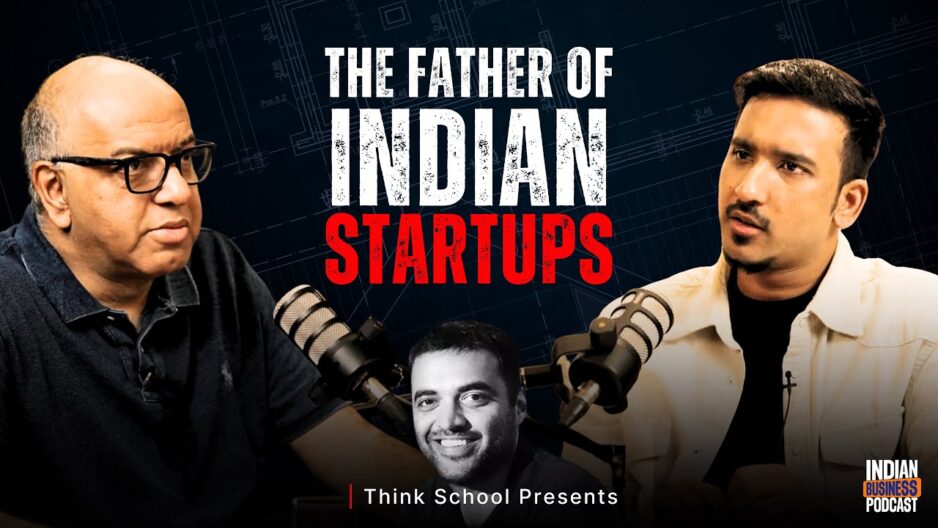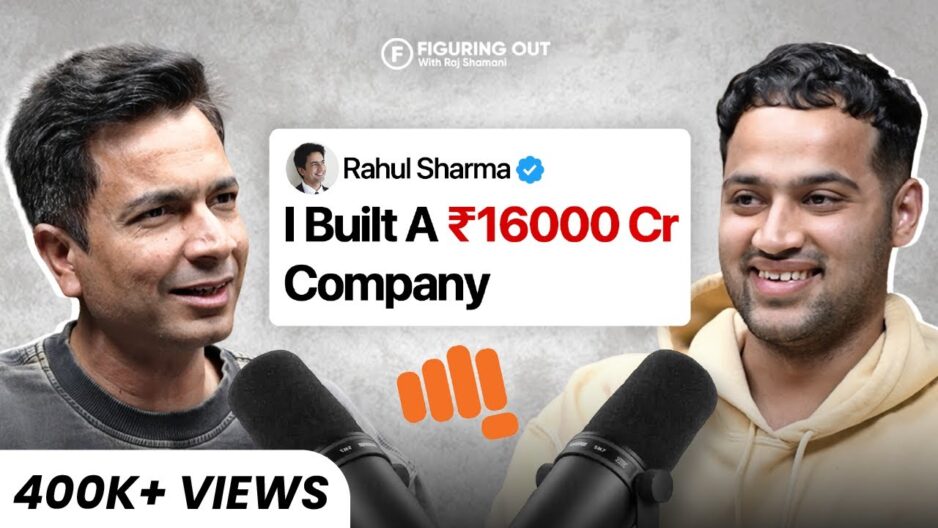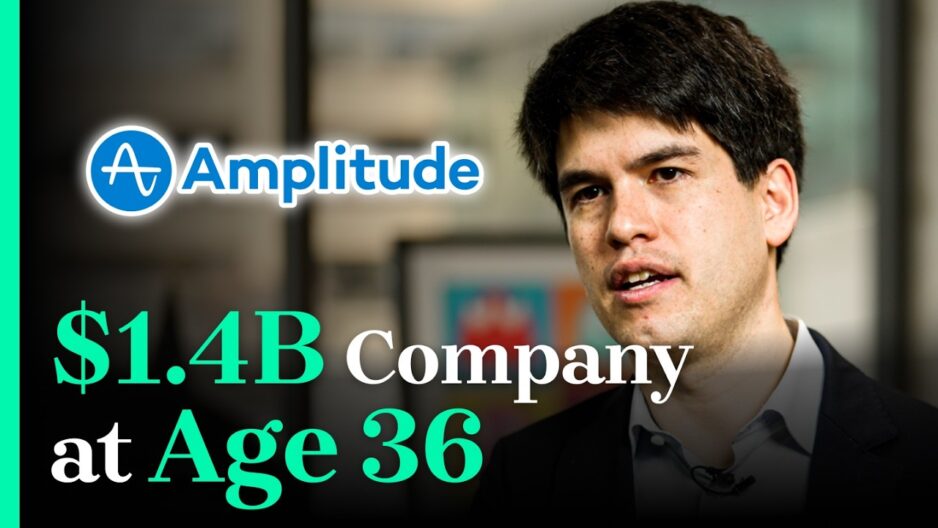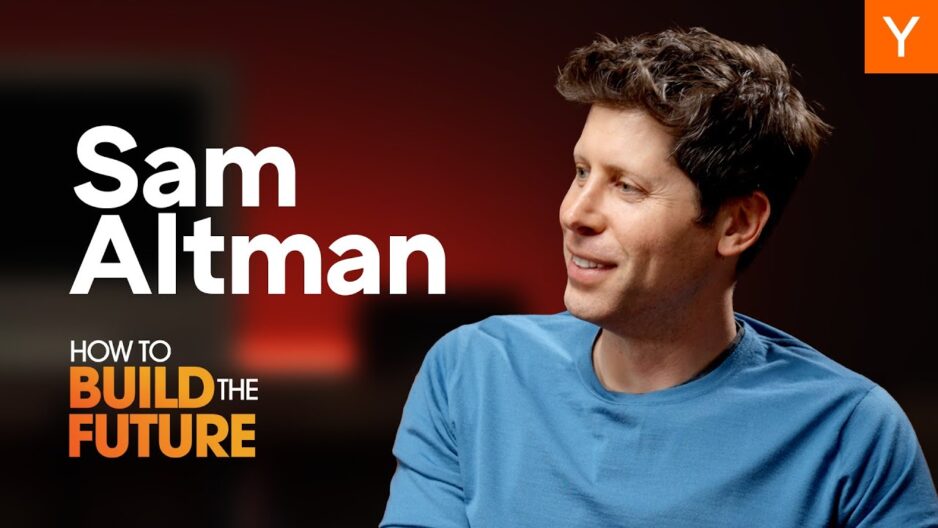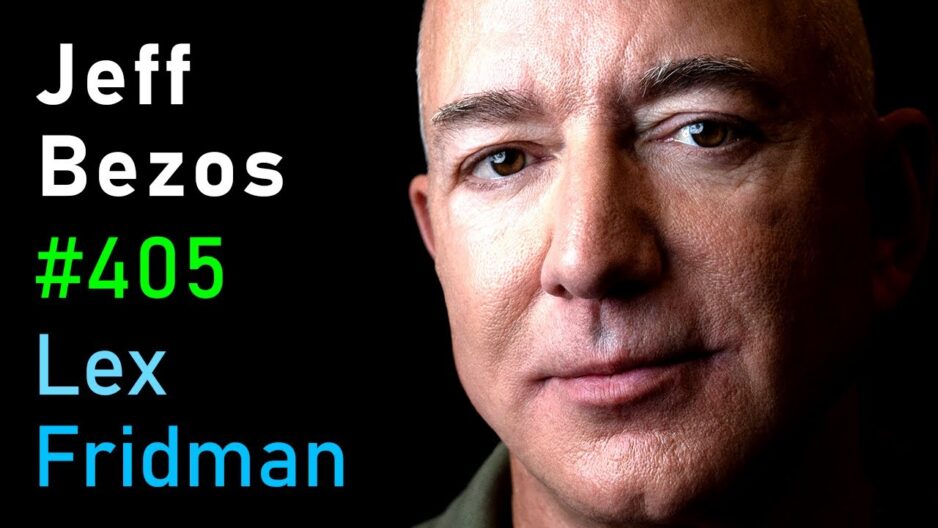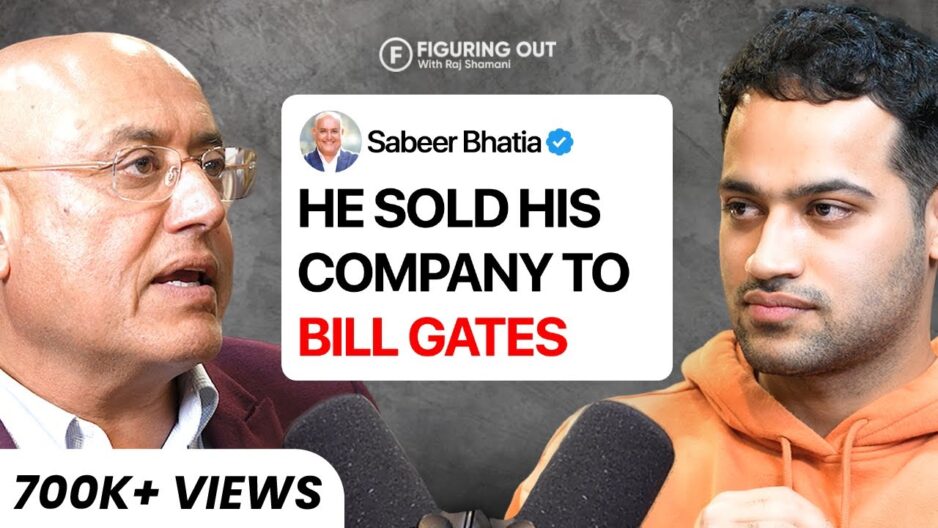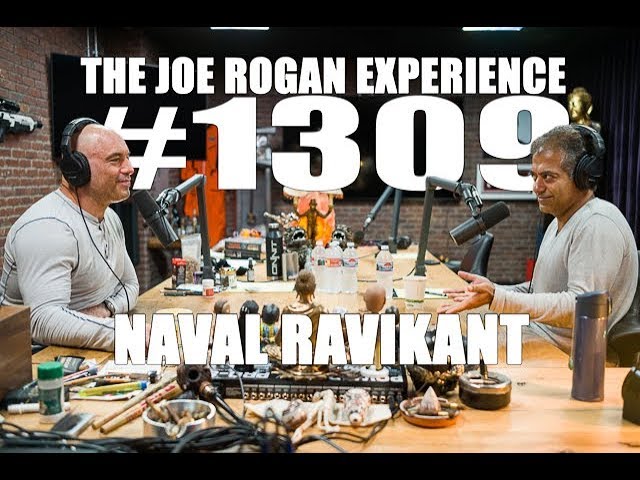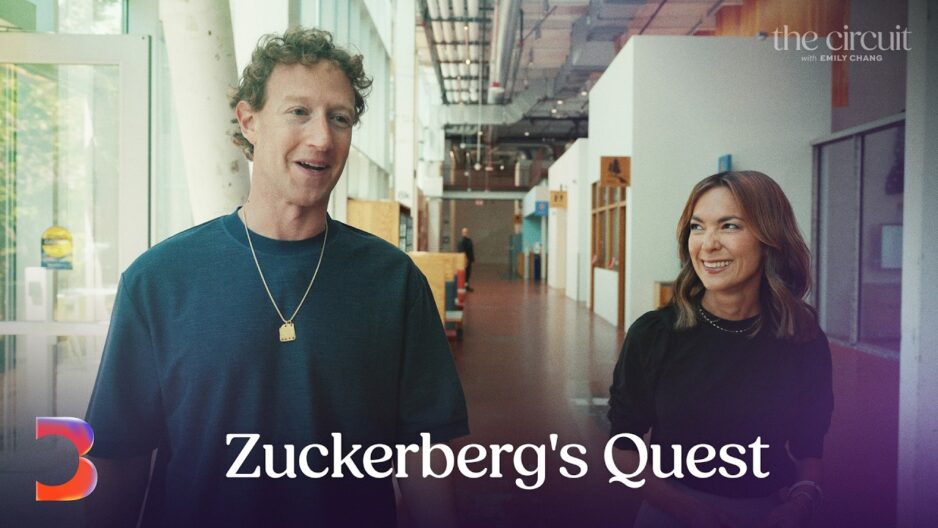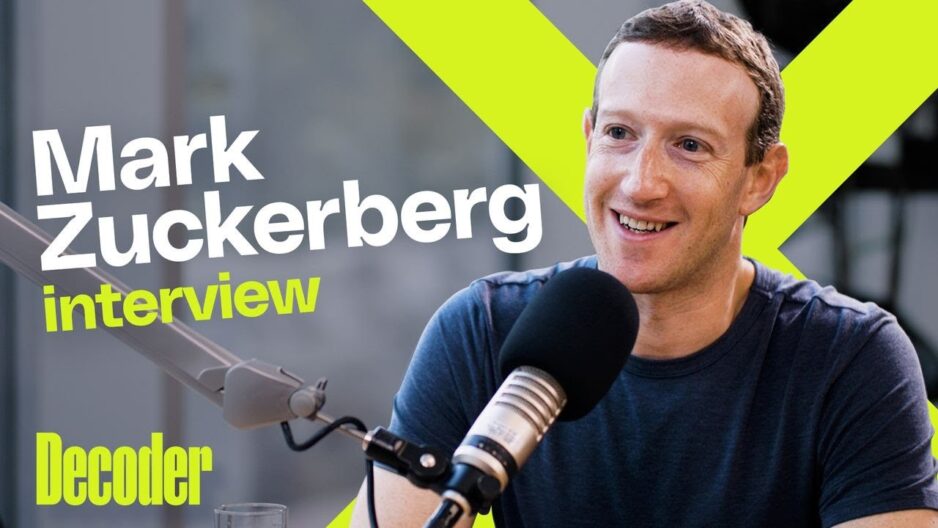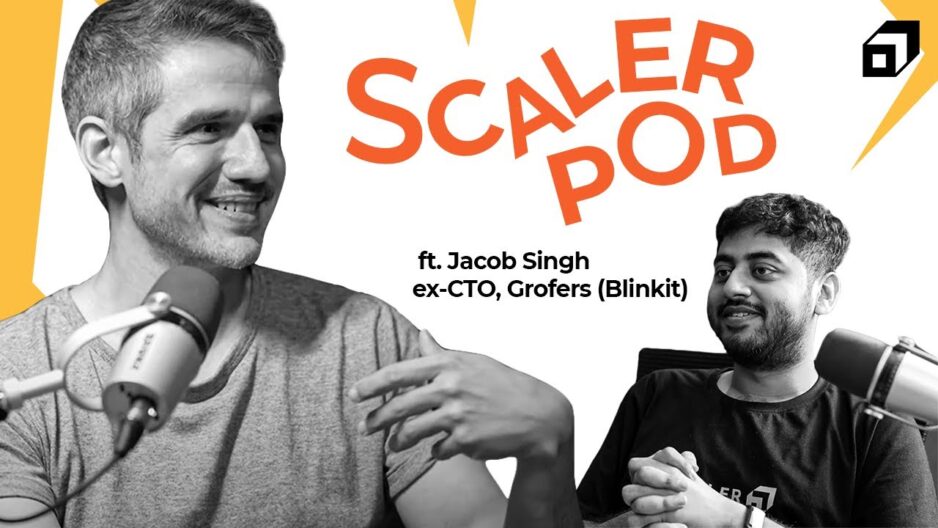Sanjeev Bikhchandani, the mastermind behind Naukri.com, has established an impressive legacy within the Indian startup landscape. From founding the country’s top job portal to investing in groundbreaking firms like Zomato, his journey provides invaluable lessons for future entrepreneurs. This article highlights his insights, the challenges he faced, and the strategies that paved the way for his success and impacted countless startups across India.
Educatekaro discovered these Key Points:
- Early Beginnings and Ambition: Sanjeev graduated from IIM Ahmedabad in 1989 with a strong desire to become an entrepreneur, leaving his corporate job after only 18 months to pursue his vision.
- Recognition of Market Need: He identified a gap in the Indian job market after observing the popularity of job listings in business magazines, leading to the inception of Naukri.com.
- Launch of Naukri.com: With just INR 2,000 from his savings, Sanjeev launched Naukri.com in April 1997, facing initial challenges in profitability but gaining traction through user popularity.
- Strategic Growth: Initially, they did not charge for job listings to build traffic, which eventually allowed them to monetize through advertisers once they demonstrated value.
- Lean Operations: Emphasized value over profit by maintaining lean operations, avoiding flashy expenditures, and focusing on innovation and cost management.
- Raising Capital: Recognized the need for funding to scale up but was cautious about selecting investors, prioritizing those who aligned with his vision for building a real business.
- Investments and Expansion: His success with Naukri led to further investments in companies like Zomato and PolicyBazaar through Info Edge, focusing on understanding market trends and consumer needs.
- Customer-Centric Approach: Stressed the importance of listening to customer feedback for continuous product improvement. Implemented simple yet effective strategies like using a Yahoo group for sales insights.
- Philosophy and Impact: Sanjeev’s journey underscores lessons on market understanding, partnership selection, and maintaining a customer and growth-focused mindset in entrepreneurship.

